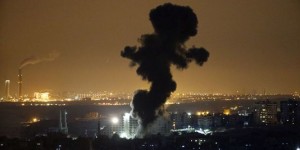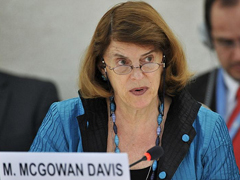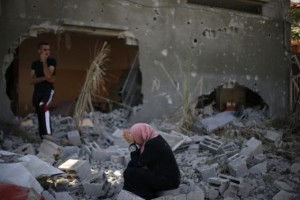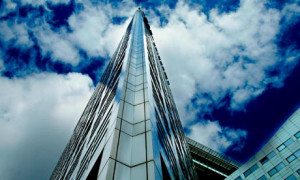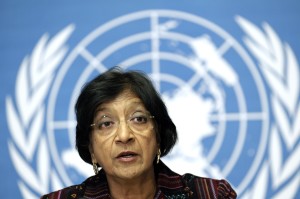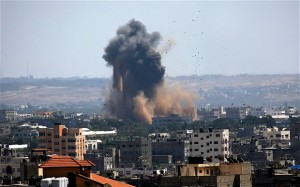The army veterans’ organization has released a report called “Breaking the Silence” containing testimonies of 60 Israel Defense Forces (IDF) soldiers and officers who fought during Operation Protective Edge last July and August. According to the group, the testimonies are indicative of a general principle that governed the entire military operation: minimum risk to the Israeli forces, even if it meant civilian casualties.
The rules of engagement basically established that “Anyone found in an IDF area, which the IDF had occupied, was not a civilian. That was the assumption,” one of the soldiers stated.
An armored infantry soldier reported that, at some point, it was understood that any home which Israeli forces entered and used would be destroyed afterward by large D9 bulldozers. “At no point until the end of the operation … did anyone tell us what the operational usefulness was in exposing [razing] the houses,” he said. “During a conversation, the unit commanders explained that it wasn’t an act of revenge. At a certain point we realized this was a trend. You leave a house and there’s no longer a house. The D9 comes and exposes [it].”
There were also several reports of shooting at civilians. A woman who was clearly unstable and no threat was reportedly ordered by the battalion commander to walk westward, toward an area where tanks were stationed. When the woman approached the tank force, she was machine-gunned to death.
The detailed testimonies in the report include other practices that some units adopted during Operation Protective Edge.
The full report is available here.

